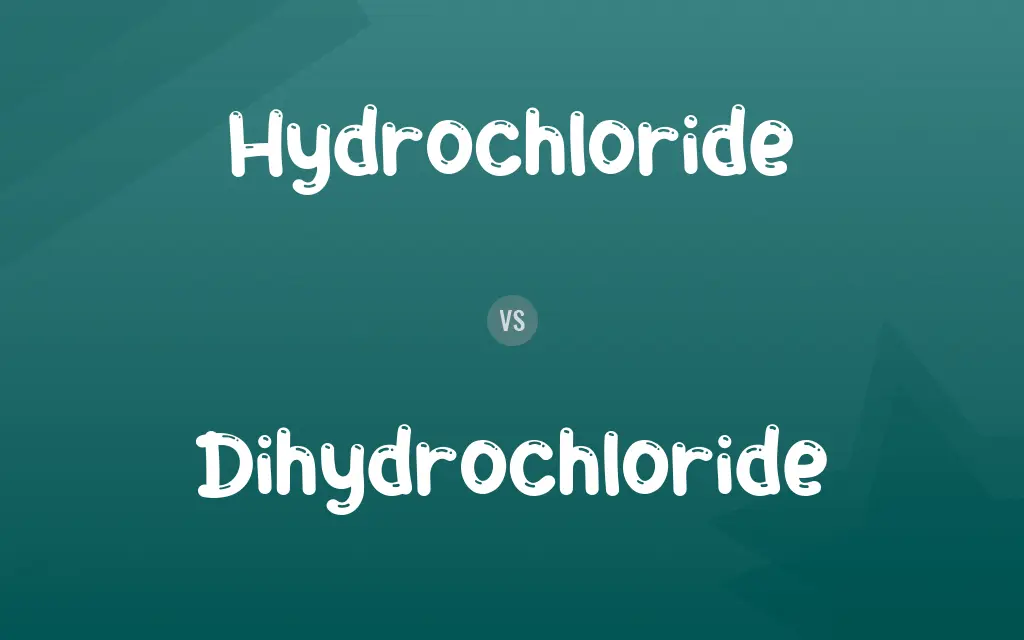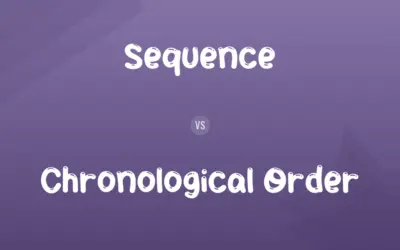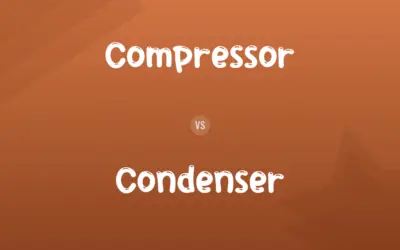Hydrochloride vs. Dihydrochloride: Difference and Comparison
By Muazma Batool & Muneeza Rehman — Published on April 5, 2024
Hydrochloride refers to compounds formed when hydrochloric acid reacts with a base, producing a single chloride ion, while dihydrochloride denotes compounds with two chloride ions, indicating a double reaction with hydrochloric acid.

Difference Between Hydrochloride and Dihydrochloride
Hydrochloride compounds involve the addition of hydrochloric acid to a base, resulting in the formation of a salt that typically enhances the solubility of the original compound in water. This process is commonly used in pharmaceuticals to make drugs more easily absorbed by the body. Dihydrochloride, on the other hand, indicates that two molecules of hydrochloric acid have reacted with a base, leading to a compound containing two chloride ions. This double reaction is less common but is employed when a stronger ionic bond is needed, or the base molecule has two sites capable of reacting with hydrochloric acid.
Muazma Batool
Apr 05, 2024
The term "hydrochloride" signifies that one molecule of hydrochloric acid has reacted with the base, forming a compound with one chloride ion. Dihydrochloride compounds also improve solubility and stability, particularly for certain pharmaceuticals where the dosage and efficacy require precise control.
Muazma Batool
Apr 05, 2024
The key difference between hydrochloride and dihydrochloride lies in the number of chloride ions present in the final compound, affecting the compound's chemical properties, including its solubility, stability, and how it interacts with the human body. Choosing between a hydrochloride and dihydrochloride form depends on the specific requirements of the medication or chemical application, including how it's absorbed and processed.
Muazma Batool
Apr 05, 2024
Hydrochloride vs. Dihydrochloride Comparison Chart
Formation
Reaction with one molecule of HCl
Reaction with two molecules of HCl
Muazma Batool
Apr 05, 2024
Solubility
Generally increases solubility
Further increases solubility, depending on the compound
Muazma Batool
Apr 05, 2024
Use in Pharmaceuticals
Common for enhancing drug absorption
Used when precise control over solubility or stability is needed
Lucas
Apr 05, 2024
Chemical Properties
Affects solubility and absorption
Affects solubility, stability, and absorption more distinctly
Muazma Batool
Apr 05, 2024
Example Compounds
Many drugs in tablet form, like antihistamines
Less common, used in specific cases like certain antimalarials
Muazma Batool
Apr 05, 2024
Hydrochloride vs. Dihydrochloride Definitions
◉Hydrochloride
Used in various pharmaceuticals to improve patient outcomes.
Amphetamine hydrochloride is prescribed for ADHD.
Olivia
Feb 22, 2024
◉Dihydrochloride
Utilized in drugs requiring precise dosage controls.
Certain antimalarial drugs use the dihydrochloride form for precise dosing.
Muazma Batool
Feb 22, 2024
◉Hydrochloride
A compound formed by the reaction of hydrochloric acid with a base, containing one chloride ion.
Cetirizine hydrochloride is used to relieve allergy symptoms.
Muazma Batool
Feb 22, 2024
◉Dihydrochloride
Can improve the stability of pharmaceuticals.
Dihydrochloride salts can enhance the shelf life of some medications.
Muazma Batool
Feb 22, 2024
◉Hydrochloride
Enhances water solubility of medications for better absorption.
Sertraline hydrochloride is more easily absorbed in the digestive tract.
Kaitlyn
Feb 22, 2024
◉Dihydrochloride
A compound with two chloride ions, formed by reacting with two molecules of hydrochloric acid.
Piperaquine dihydrochloride is used in malaria treatment.
Muazma Batool
Feb 22, 2024
◉Hydrochloride
Commonly found in oral medications.
Hydrochloride salts are often used in antidepressants for improved stability.
Lucas
Feb 22, 2024
◉Dihydrochloride
Selected for specific pharmacological needs.
Drugs with complex molecular structures may benefit from the dihydrochloride form for better absorption.
Muazma Batool
Feb 22, 2024
◉Hydrochloride
Aids in drug delivery and effectiveness.
The hydrochloride form of lidocaine is used for its rapid onset of action.
Nolan
Feb 22, 2024
◉Dihydrochloride
Provides enhanced solubility for certain drugs.
The dihydrochloride variant of a drug might be chosen for its solubility in water.
Muazma Batool
Feb 22, 2024
◉Hydrochloride
A compound resulting or regarded as resulting from the reaction of hydrochloric acid with an organic base.
Muazma Batool
Feb 21, 2024
◉Dihydrochloride
(chemistry) Any hydrochloride formed by reaction with two molecules of hydrochloric acid
Muazma Batool
Feb 21, 2024
◉Hydrochloride
(chemistry) A compound of hydrochloric acid with an organic base such as an amine
Muazma Batool
Feb 21, 2024
◉Hydrochloride
A compound of hydrochloric acid with a base; - distinguished from a chloride, where only chlorine unites with the base.
Muazma Batool
Feb 21, 2024
◉Hydrochloride
A complex consisting of an organic base in association with hydrogen chloride
Henry
Feb 21, 2024
Hydrochloride vs. Dihydrochloride Frequently Asked Questions
Why are hydrochloride and dihydrochloride forms used in drugs?
They increase the solubility and stability of drugs, making them more effective and easier to administer.
Muazma Batool
Apr 05, 2024
How do pharmaceutical companies decide whether to use a hydrochloride or dihydrochloride form?
The decision is based on the chemical nature of the drug, desired properties like solubility and stability, and how the drug is metabolized and absorbed.
Jonathan
Apr 05, 2024
Is there a significant cost difference between producing hydrochloride and dihydrochloride versions of a drug?
The cost can vary; dihydrochloride versions might be more expensive due to the additional processing and raw materials required. However, the overall cost-effectiveness also depends on the drug's efficacy and the dosage needed.
William
Apr 05, 2024
Can the hydrochloride form affect the potency of a drug?
While it doesn't directly alter the drug's potency, it can affect the drug's absorption and, thus, its effectiveness.
Muazma Batool
Apr 05, 2024
Can the hydrochloride or dihydrochloride form of a medication cause different side effects?
The form can influence the drug's absorption and metabolism, potentially impacting side effects, but this varies widely depending on the drug and individual patient factors.
Olivia
Apr 05, 2024
Are dihydrochloride compounds more effective than hydrochloride compounds?
"More effective" depends on the drug's intended use; dihydrochloride compounds might be chosen for their specific chemical properties, including enhanced solubility or stability, not necessarily higher effectiveness.
Muazma Batool
Apr 05, 2024
How does the choice between hydrochloride and dihydrochloride affect the prescribing information of a medication?
Prescribing information will detail the specific form of the drug, including any relevant pharmacokinetic differences, such as absorption rates, to guide dosing and administration.
Muazma Batool
Apr 05, 2024
Are there environmental or safety considerations in manufacturing or disposing of hydrochloride vs. dihydrochloride compounds?
Both require careful handling to prevent chemical exposure and environmental contamination. Dihydrochloride compounds, due to their potentially greater reactivity, may necessitate stricter safety measures in manufacturing and disposal.
Elijah
Apr 05, 2024
Can a drug have both hydrochloride and dihydrochloride forms available on the market?
Yes, if both forms meet different therapeutic needs or offer benefits in terms of solubility, stability, or patient tolerance.
Muazma Batool
Apr 05, 2024
How does the solubility of hydrochloride and dihydrochloride compounds impact their formulation into tablets or injections?
Enhanced solubility can facilitate the formulation of both oral and injectable forms, with dihydrochloride forms potentially offering advantages in creating concentrated, easily dissolved injections.
Levi
Apr 05, 2024
Content Creators
Written by
Muazma BatoolAs a content editor, Muazma Batool is not just a grammar guru but a creative mastermind who breathes life into every word. With an eagle eye for detail and a passion for storytelling, she transforms bland text into engaging content that captivates audiences and drives results.
Co-written by
Muneeza RehmanAt Comparisons.wiki, Muneeza skillfully navigates the vast sea of information, ensuring clarity and accuracy as the lead content editor. With a keen eye for detail, she curates every comparison to enlighten and engage readers.

































